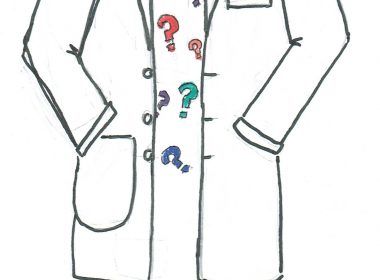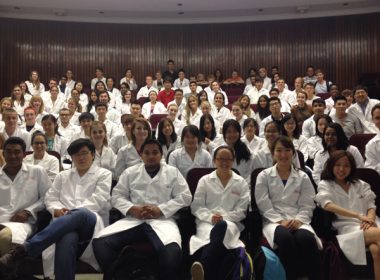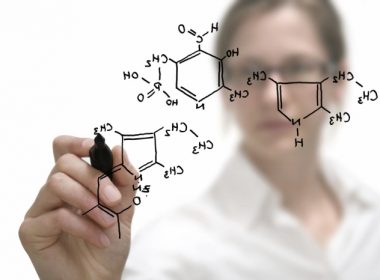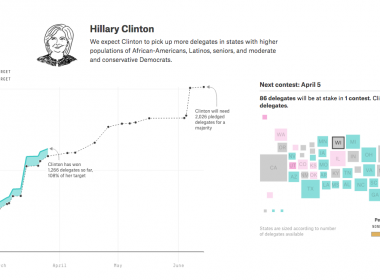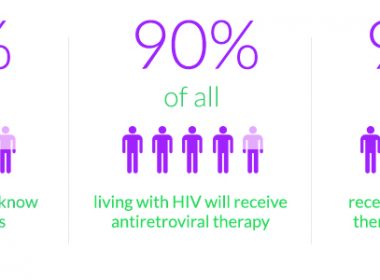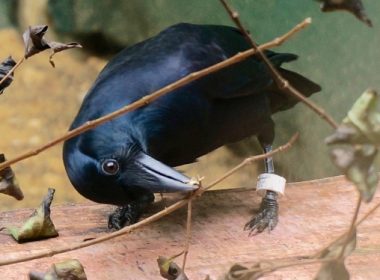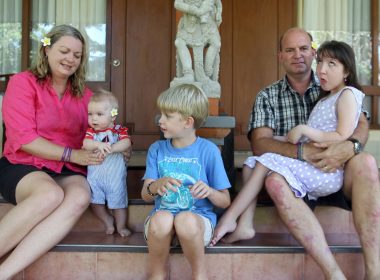Since this is the first instalment of this column, there are not yet questions to answer. But, not to worry! The first question we’ll answer will be: “What is Ask a Scientist about?” In answering it, SciTech hope to drum up enough interest and enthusiasm from you, the readers, to[Read More…]
Science & Technology
The latest in science and technology.
McGill labs find new ways to target resistant bacteria
In 1945, Alexander Fleming, made famous for his discovery of penicillin, warned that excessive antibiotic use would likely result in bacteria developing resistance. The term is often in the headlines, but what exactly is antibiotic resistance? It is generally defined as microorganisms developing the ability to somehow prevent the intended[Read More…]
The new kids on the block
The universe is expanding—and so is the periodic table. Four new elements have recently been added to complete the seventh row. Though the elements were discovered over the last year, it’s only now that the International Union of Pure and Applied Chemistry (IUPAC) has released the element names for public[Read More…]
Social psychology disproves common terrorist labels
Following the recent terror attacks in Lahore and Brussels, terrorist threats seem stronger than ever. According to the most recent Global Terrorism Index, terror-related deaths have surged from 3,329 in 2000 to 32,685 in 2014. The increasing presence of terrorism has resulted in a greater desire to learn why terrorists[Read More…]
How to deal with threats to your computer and private information
On March 21, Concordia University issued a statement warning students and faculty that keylogger devices had been found on university computers. “These keylogger devices can capture personal data such as login information and passwords (for example, passwords associated with your Concordia netname) by tracking the keystrokes used at a workstation,”[Read More…]
Exploring insects as a viable food source
In North America, insects are traditionally seen as pests rather than food. In certain communities in Africa and Southeast Asia, consuming insects for nutritional value is a part of a normal diet. In the western world, there are certainly plenty of candy shops that sell chocolate-covered grasshoppers—mainly as a novelty—but[Read More…]
Delving into the data: The science of predicting elections
The 2012 United States presidential election was the culmination of an 18-month-long campaign that saw voters bombarded with debates, ads, endorsements, and relentless media coverage. There were also dozens of factors for voters to consider when deciding which candidate to cast their ballot for, from stances on policy to questions[Read More…]
The epidemic of the HIV/AIDS stigma
“It’s a hard three letters to absorb. It’s a turning point in one’s life,” was how Charlie Sheen described his diagnosis with HIV in an interview with NewsTalk. After revealing his illness in December of last year, Sheen faced multiple lawsuits from ex-sexual partners claiming he didn’t inform them of[Read More…]
Move aside elephants—birds are the smartest non-primates
Footage from a revolutionary behavioural experiment showed non-primates making and using tools just like humans. In the video, a crow is trying to get food out of a narrow vessel, but its beak is too short for it to reach through the container. Nearby, the researchers placed a straight wire,[Read More…]
Growth attenuation therapy mimics an ugly past
A recent article published in the New York Times discussed a boy named Ricky, who had been diagnosed with cerebral palsy and static encephalopathy. His permanent brain damage meant he was unable to walk and had very limited eyesight. Ricky is now nine years old, but his body is the[Read More…]
